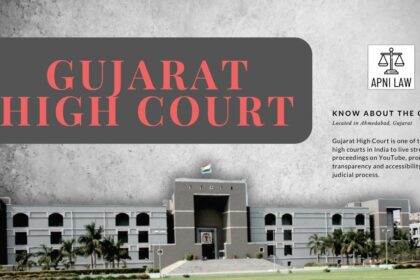Code
A copy of the order of 1[maintenance or interim maintenance and expenses of proceedings, as the case may be,] shall be given without payment to the person in whose favour it is made, or to his guardian, if any, or to the person to 2[whom the allowance for the maintenance or the allowance for the interim maintenance and expenses of proceeding, as the case may be,] is to be paid; and such order may be enforced by any Magistrate in any place where the person against whom it is made may be, on such Magistrate being satisfied as to the identity of the parties and the non-payment of the 3[allowance, or as the case may be, expenses, due].
STATE AMENDMENTS
Andhra Pradesh and Telangana.–
Amendment of section 128.–In section 128 of the principal Act, the expression “where the person against whom it is made, may be,” shall be omitted.
[Vide Andhra Pradesh Act 18 of 2007, s. 3]
Explanation
This section empowers the Magistrate to enforce a maintenance order by various means, including:
- Attachment and sale of property: The Magistrate can order the attachment and sale of the defaulter’s property to recover the arrears of maintenance.
- Imprisonment: In case of non-payment of maintenance, the Magistrate can order the defaulter’s imprisonment for a period not exceeding three months.
- Deduction from salary/income: The Magistrate can direct the employer of the defaulter to deduct the arrears from their salary or income and pay it to the person entitled to maintenance.
- Other measures: The Magistrate can also take other measures deemed necessary to enforce the maintenance order.
Illustration
Imagine a scenario where a husband fails to pay maintenance to his wife as per a court order. The wife can approach the Magistrate under Section 128 of the CrPC. The Magistrate may then issue an order to attach the husband’s property and sell it to recover the maintenance arrears.
Common Questions and Answers
Q1. What happens if the defaulter is unable to pay maintenance due to financial hardship?
A1. The Magistrate can consider the defaulter’s financial circumstances and grant them relief, such as a reduction in maintenance amount or a payment plan.
Q2. Can a person who is not the defaulter be held liable for the maintenance arrears?
A2. No, only the defaulter is liable for the arrears. However, if a third party is found to be intentionally preventing the defaulter from paying maintenance, the Magistrate can take action against them.
Q3. Can a maintenance order be enforced against a person who is outside India?
A3. Yes, but it may require a more complex procedure involving international legal cooperation.








